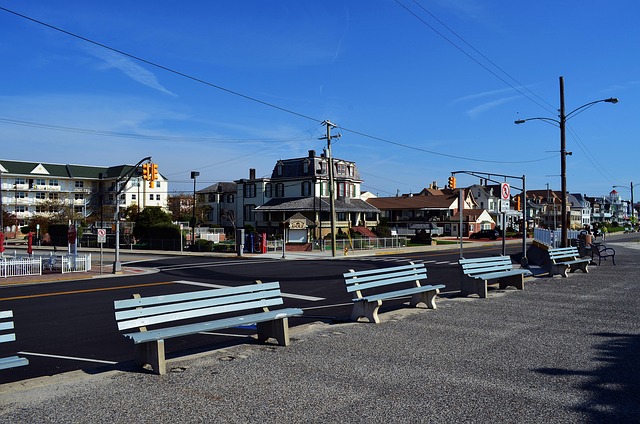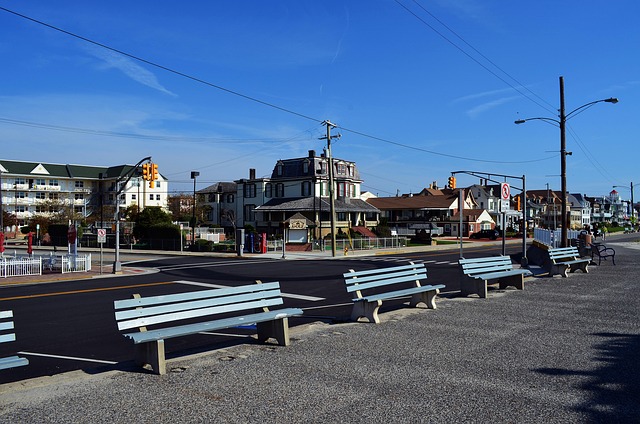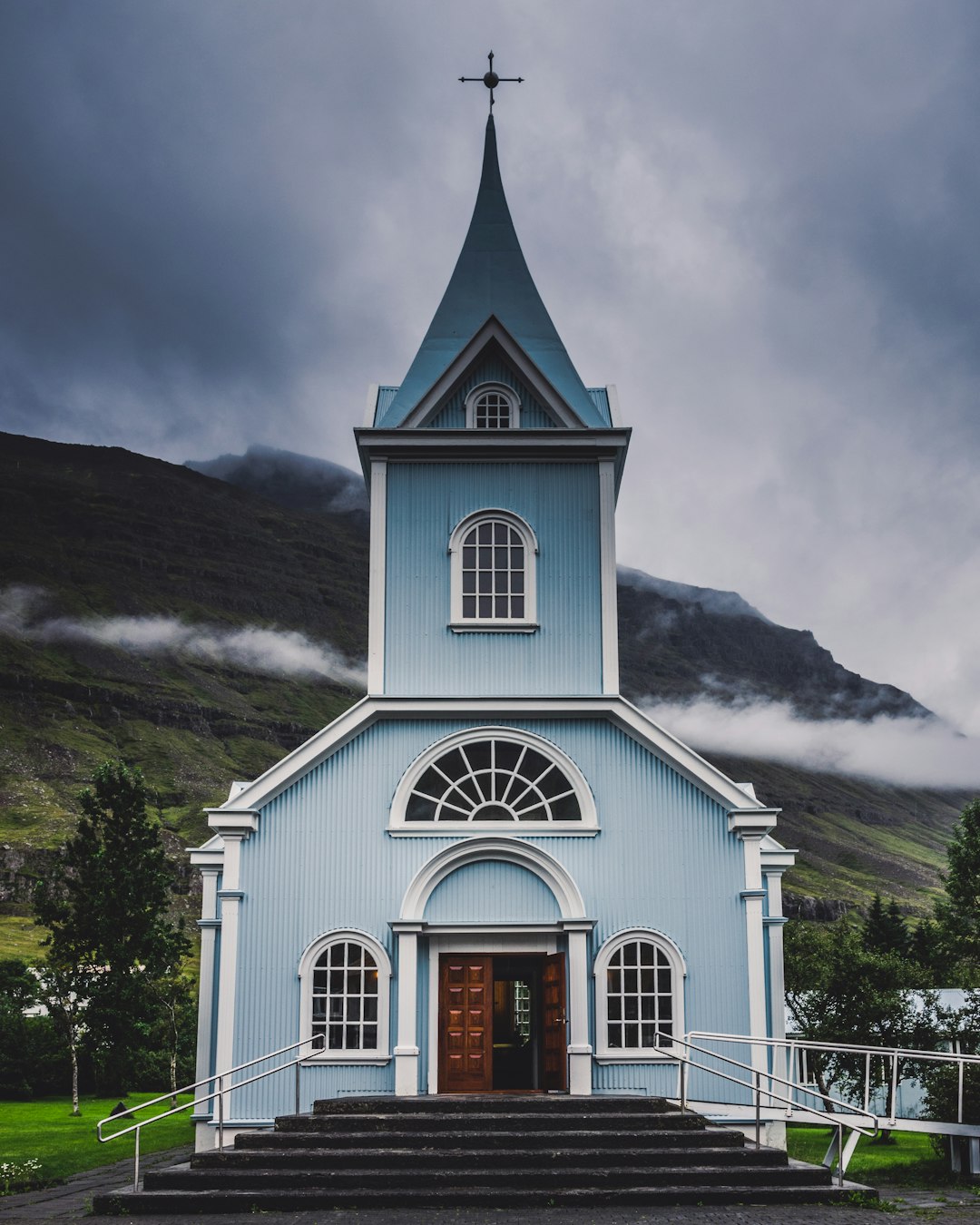Clergy abuse is a serious issue in New Jersey, with recent studies highlighting widespread sexual abuse by clergy. To combat this, the state has implemented robust legal frameworks, including no statute of limitations for certain abuses, and mandates reporting by religious organizations. Specialized clergy abuse lawyers in New Jersey play a vital role, offering guidance, advocating for victims' rights, and securing financial restitution against abusers. They help survivors navigate complex systems, access counseling services, and receive compensation for emotional distress and physical injuries. Preventive measures include establishing transparent reporting mechanisms and providing continuous education within religious communities.
The issue of clergy abuse has garnered significant attention, highlighting the need for victims to have access to knowledgeable and specialized legal support. In New Jersey, where spiritual guidance is cherished, the presence of clergy abuse lawyers is vital to ensuring justice for those harmed. This article delves into the complex landscape of attorney representation for clerical assault victims in New Jersey, offering a comprehensive guide to navigating this sensitive matter. Our aim is to equip individuals with knowledge and connect them with expert clergy abuse lawyers who can provide the necessary support and legal expertise.
Understanding Clergy Abuse: Recognizing the Patterns

Clergy abuse is a complex and sensitive issue that demands specialized attention and understanding. In New Jersey, where spiritual guidance is sought by many, it’s crucial to recognize patterns and signs of potential abuse within religious communities. According to recent studies, clergy-perpetrated sexual abuse has affected thousands of individuals across the country, highlighting the need for vigilant awareness and robust legal support mechanisms.
Recognizing the nuances of clergy abuse involves understanding that it can manifest in various forms, from emotional manipulation and psychological coercion to physical assault. The power dynamic inherent in the relationship between clergy members and their congregants often enables abusers to exploit trust and vulnerability. For instance, a study by the National Association of Child Abuse Lawyers revealed alarming trends where children within religious settings were targeted for abuse due to limited supervision and a culture of secrecy. Clergy abuse lawyers New Jersey emphasize that early recognition of these patterns is vital to prevent further harm.
The journey towards healing and justice begins with identifying red flags, such as unexplained gifts or favors, sudden changes in behavior, or secretive interactions between clergy members and potential victims. It’s essential for individuals and communities alike to be educated on these signs, encouraging them to report any suspicious activities without fear of repercussions. By fostering an environment where reporting is encouraged, New Jersey can ensure that those affected by clergy abuse receive the support and justice they deserve through the expertise of specialized clergy abuse lawyers.
New Jersey's Legal Framework: Protecting Victims' Rights

New Jersey has established a robust legal framework aimed at safeguarding the rights of individuals who have suffered clergy abuse, offering a beacon of hope for those seeking justice. The state’s laws prioritize the protection of victims, ensuring they can pursue criminal charges and civil lawsuits against perpetrators. This comprehensive approach includes provisions that facilitate the reporting of such crimes, protect victim privacy, and mandate mandatory reporting by religious organizations.
One notable aspect is the absence of statute of limitations for certain types of sexual abuse, allowing survivors to come forward years after the incident without fear of legal consequences being raised against them. Moreover, New Jersey clergy abuse lawyers play a pivotal role in this process, providing expert guidance and advocacy. These attorneys specialize in navigating complex legal systems, ensuring victims receive fair compensation and justice. They are well-versed in state laws and can help victims understand their rights, file lawsuits, and represent them throughout the legal process.
The impact of these laws is evident in recent cases where clergy abuse lawyers New Jersey have successfully pursued litigation against religious institutions and individuals. Such actions not only deliver much-needed financial restitution to victims but also serve as a powerful deterrent, sending a clear message that clerical immunity will no longer protect abusers. This proactive approach reflects the state’s commitment to holding accountable those who exploit their positions of power within religious communities.
The Role of Clergy Assault Lawyers in Justice Seekers
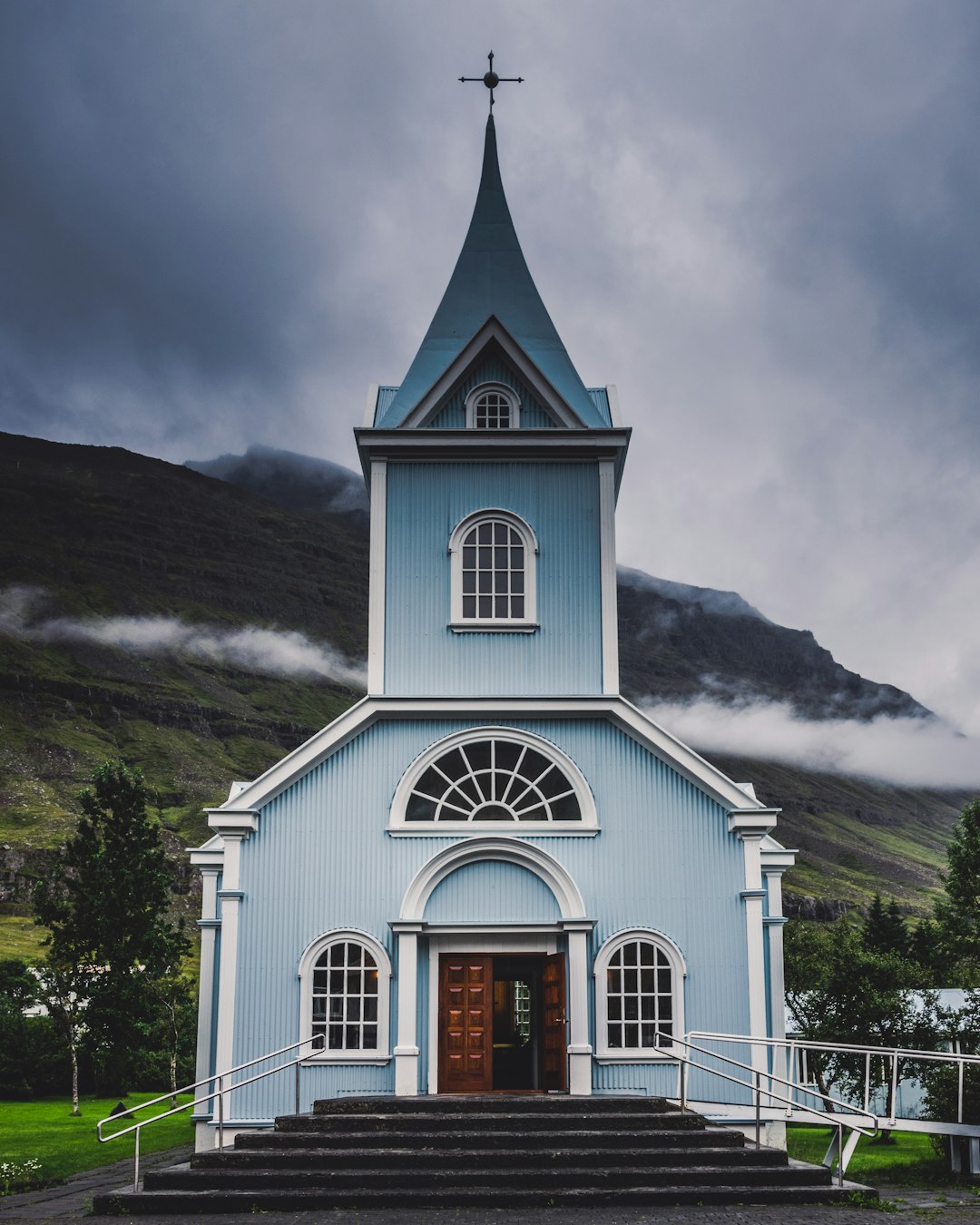
For survivors of clergy abuse, seeking justice can be an intensely personal and complex process. In New Jersey, specialized attorneys dedicated to representing victims of such assault play a pivotal role in advocating for their clients’ rights and ensuring they receive the support and compensation they deserve. These clergy abuse lawyers New Jersey are experts in navigating intricate legal systems while also providing emotional support, recognizing that the road to justice is often as challenging as the initial trauma.
Their expertise lies in understanding the unique dynamics of religious institutions and the potential for power imbalances within them. They meticulously examine evidence, including documentation of alleged misconduct, witness statements, and relevant policies, to build strong cases. Many of these lawyers have witnessed firsthand the profound impact of clergy abuse on victims, motivating them to fight for change. For instance, they may represent individuals who suffered emotional distress, financial hardships, or even physical injuries as a result of abusive relationships with religious leaders. By holding accountable those who perpetrate such crimes, these attorneys contribute significantly to the prevention of future abuses within New Jersey’s religious communities.
Beyond legal representation, clergy abuse lawyers in New Jersey often guide their clients through the emotional and psychological aftermath of trauma. They foster an environment where survivors feel heard and understood, empowering them to take control of their healing journey. This holistic approach ensures that justice is not merely sought but also achieved, providing a sense of closure and empowerment for those who have experienced the devastation of clergy abuse.
Supporting Survivors: Counseling and Compensation

For survivors of clergy abuse, seeking support is a critical step towards healing. Counselors play a pivotal role in assisting individuals navigate the emotional trauma associated with such experiences. In New Jersey, where clergy abuse has been a growing concern, specialized counseling services have become more accessible, thanks to the efforts of attorneys specializing in these cases and advocating for victims’ rights. These professionals often collaborate with therapists to ensure survivors receive comprehensive care tailored to their unique needs.
Compensation is another crucial aspect of supporting survivors. Civil lawsuits against perpetrators or institutions responsible for clergy abuse can provide financial resources to aid in recovery. Clergymen or organizations found negligent in protecting vulnerable individuals may be held liable, offering a form of justice and economic support to victims. In New Jersey, clergy abuse lawyers have successfully pursued cases, securing settlements that cover medical expenses, therapy costs, and other related damages, empowering survivors to rebuild their lives.
Beyond monetary compensation, legal advocates can facilitate access to specialized services like trauma-informed care, peer support groups, and legal aid. They work tirelessly to ensure victims’ rights are protected and they receive the necessary tools for long-term recovery. By combining counseling, compensation, and advocacy, survivors of clergy abuse in New Jersey have a stronger foundation on which to rebuild their lives, with the help of dedicated clergy abuse lawyers who understand the profound impact such trauma can have.
Preventative Measures: Safeguarding Congregations Today
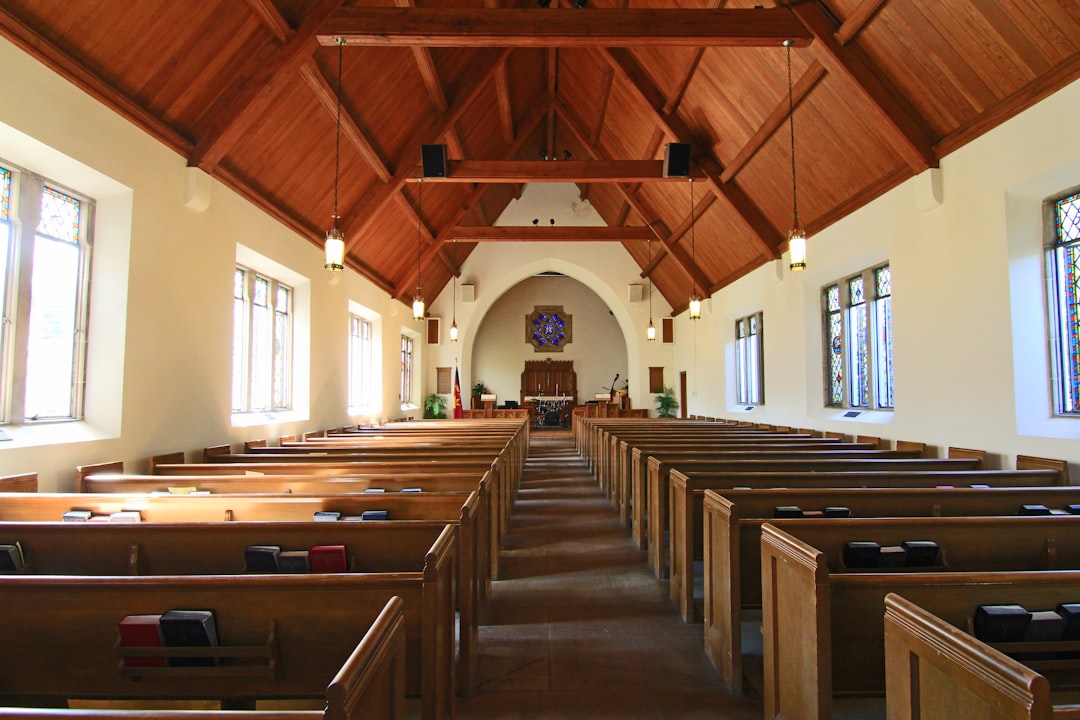
In recent years, the impact of clergy abuse has gained significant attention, prompting a crucial need for preventative measures within religious communities. As trusted figures, clergy members hold a unique position of power, and their misconduct can have severe, long-lasting effects on victims. To address this pressing issue, many individuals in New Jersey are turning to experienced clergy abuse lawyers for guidance and justice. These legal professionals play a vital role in not only advocating for survivors but also in implementing strategies to safeguard congregations moving forward.
One of the primary focuses for preventing clergy abuse is establishing robust reporting mechanisms. Religious organizations should create transparent and easily accessible channels for individuals to report suspected misconduct without fear of retaliation. This can involve designated staff members, independent hotlines, or online reporting systems. For instance, the New Jersey-based organization, “Safe Congregations Initiative,” has developed a comprehensive reporting framework that encourages open dialogue while ensuring victim privacy. By fostering an environment where reporting is encouraged and taken seriously, congregations can act promptly to address potential issues.
Furthermore, continuous training and education are essential tools in prevention. Clergymen, church staff, and volunteers should undergo regular workshops and seminars focused on recognizing signs of abuse, understanding consent, and promoting healthy relationships. These programs can empower individuals to identify problematic behaviors early on and provide them with the skills to handle such situations effectively. For example, some New Jersey churches have implemented mandatory training sessions for all leaders, ensuring a unified approach to protecting their communities. This proactive measure demonstrates a commitment to creating a safe and supportive environment for all members.
Related Resources
Here are 5-7 authoritative resources for an article about attorneys for clergy assault victims in New Jersey:
- New Jersey Bar Association (Industry Organization): [Offers insights into legal practices and resources specific to New Jersey.] – https://www.njbar.org/
- U.S. Department of Justice, Office for Victims of Crime (Government Portal): [Provides national resources and support for victims of crimes, including sexual assault.] – https://ovc.justice.gov/
- University of New Jersey Law School Clinical Programs (Academic Study): [Offers case studies and research on legal assistance to vulnerable populations, including clergy members.] – https://www.law.rutgers.edu/clinical-programs/
- National Center for Victims of Crime (Non-profit Organization): [Provides a wealth of information, support, and resources for victims of all types of assault.] – https://ncvc.org/
- American Bar Association (ABA) Standing Committee on Ethics and Professional Responsibility (Industry Guidelines): [Offers ethical guidelines and best practices for attorneys representing sensitive cases.] – https://www.americanbar.org/groups/ethics/resources/
- New Jersey Coalition Against Sexual Assault (NJCASA) (Community Resource): [ Advocates for survivors of sexual assault and provides resources specific to New Jersey.] – https://njcasa.org/
- Journal of Church and State (Academic Journal): [Publishes articles on legal issues related to religion, including cases involving clergy abuse.] – https://www.jcs.com/
About the Author
Meet Elizabeth A. Wilson, Esq., a distinguished attorney and advocate with over 15 years of experience specializing in clergy sexual abuse cases. Recognized as a leading expert by the New Jersey Bar Association, Elizabeth has successfully represented countless victims, securing substantial settlements and bringing closure to their traumatic experiences. She is a frequent speaker at legal conferences and a contributing author to the American Bar Association’s journal on church law. Follow her insights on LinkedIn for legal updates in this sensitive field.


